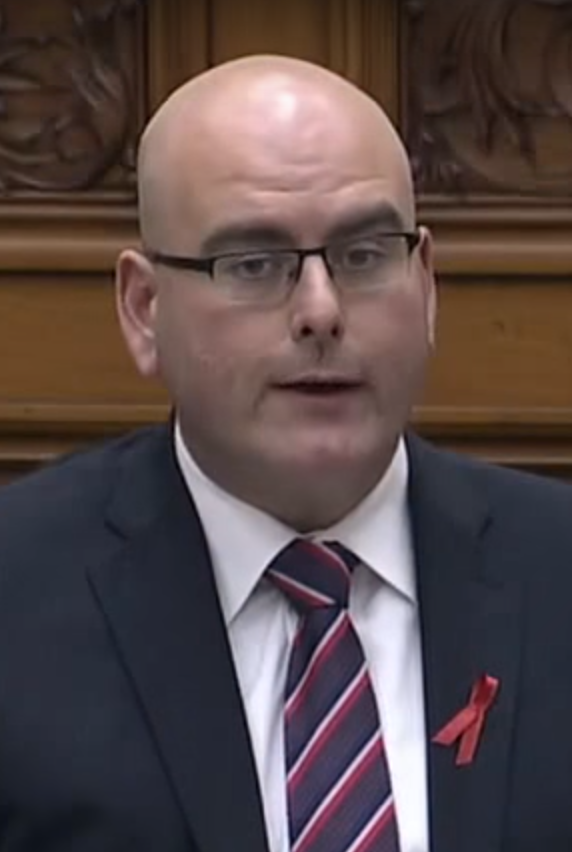The struggles of foreign trained professionals
The struggles of foreign trained professionals

Andrea Chiu
SPECIAL REPORT: DEPROFESSIONALIZATION OF IMMIGRANTS
By Irish Mae Silvestre
The Philippine Reporter
Andrea Chiu was an accountant in the Philippines for nine years before moving to British Columbia in 2015. Despite already getting her credentials assessed before moving to Canada, she said she was surprised that she had to go through the process again upon arrival.
“From my experience, getting your credential assessed when I arrived in Canada was easy,” she recalled. “All I had to do was send over my school documents. However, the challenge to me that time was the financial cost of having my credential assessed.”
While going through the process, Chiu, a Fraser Valley resident, said she was fortunate that she received a subsidy from a settlement organization. But that wasn’t the only problem.
“The main reason why I didn’t pursue being an accountant in Canada was the cost of education,” she said. “I had to take several units before being eligible to move forward and take the accountancy program. I had young kids when I arrived in Canada so I thought it would really be a challenge to go back to school, both financially and logistically.”
Chiu ended up working a “survival job” at Walmart because in addition to tuition, the cost of childcare was too expensive. And she wasn’t alone.
She met other immigrants who weren’t happy with their lives in Canada, former professionals in their home countries who ended up stuck in survival or entry level jobs.
In 2009, the Community Alliance for Social Justice (CASJ) and Centre of Excellence for Research on Immigration and Settlement (CERIS) published a paper examining this very issue. Titled ‘Explaining the Deprofessionalized Filipino: Why Immigrants Get Low-Paying Jobs in Toronto’, it examined the strict expensive exams or training, assessment requirements and financial pressures that lead professionals to work in low-paying jobs and stuck in “survival jobs.”
The study found that while some Filipinos have accepted this as part of the immigrant experience, others “actively question this state of affairs and have attempted to correct what they see as discrimination and unfairness.”

Ontario Liberal Party Leader Steven Del Duca
Ontario Liberal Party Leader Steven Del Duca addressed this in a March 2020 interview with The Philippine Reporter when he laid out his 12-month plan to tackle this issue.
He said that while education and testing services are essential to maintaining quality standards, foreign trained workers should be able to contribute to Ontario’s economy in their field of training.
“In fact, the best quality of trained professionals can only be realized when those with foreign credentials are recognized and able to contribute by making use of their skills and experience,” he said. “All too often, the current system fails to ensure that foreign trained professionals’ credentials are recognized and often forces them to deal with red tape or spend years repeating education they already have, which is not a possible option for many.”
The Philippine Reporter has reached out to the Chartered Professional Accountants of Ontario (CPA Ontario) and Del Duca’s office for a comment but has yet to receive a response as of press time.
As for Chiu, she recently started Canadian Immigrant Mommy, a podcast where she details her own experience.
“I wanted to share my journey and my story as a Canadian immigrant with other would-be immigrants,” she said. “[I want them to know] that they can be happy and successful too even if it means not going back to their previous careers anymore or having to make sacrifices in the beginning.”
Still, she said, the required subjects and units for professional accountants need to be re-evaluated.
“Like the prerequisite subjects. Are they really needed to be accepted into an accountancy program?” said Chiu. “[Shouldn’t] an equivalent from someone’s home country be sufficient?”
She added that education for new immigrants should be more affordable and accessible, allowing for online learning and courses on weekends and weeknights. And while these options do exist, it still needs improvement.
When asked how she feels about the fact that immigrants from other countries don’t face as many barriers as Filipino professionals, Chiu answered, “Sad, isn’t it?”
She said that while she understands that others meet the competency and skill standards, governing boards should reconsider the strict requirements.
“Maybe there’s a way to lower the barrier to entry so these professioal immigrants can go back to their industry easier and faster,” she said.
—————————————
The Special Report on Deprofessionalization of Immigrants will continue in the next issues of The Philippine Reporter. — Ed.
Comments (0)